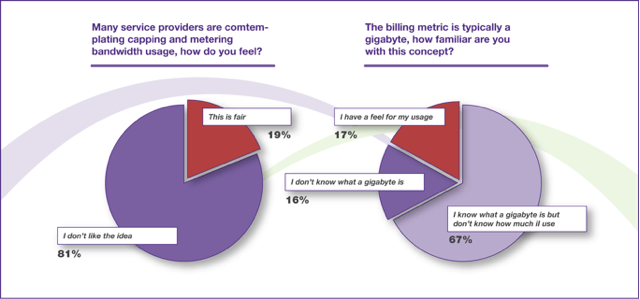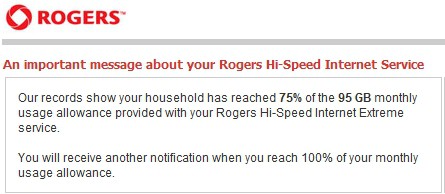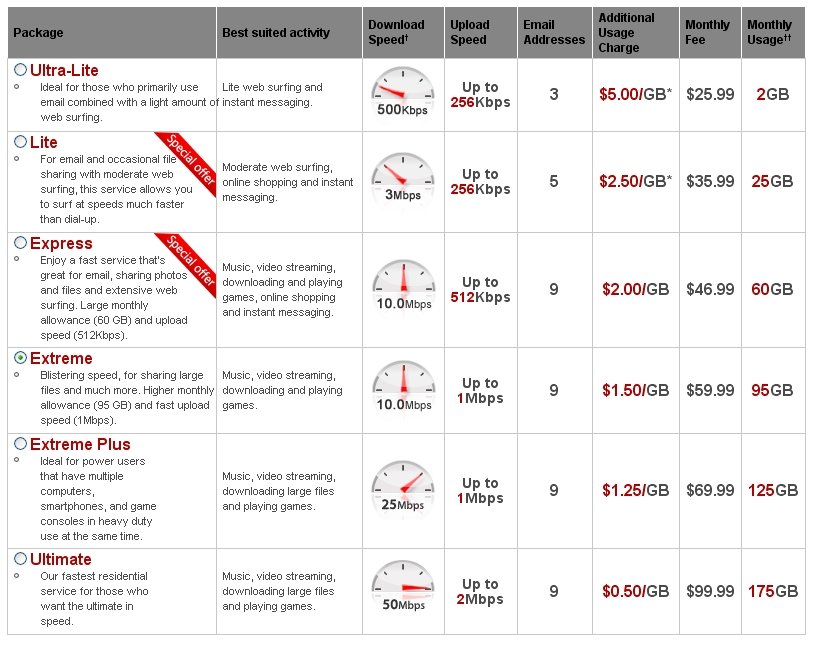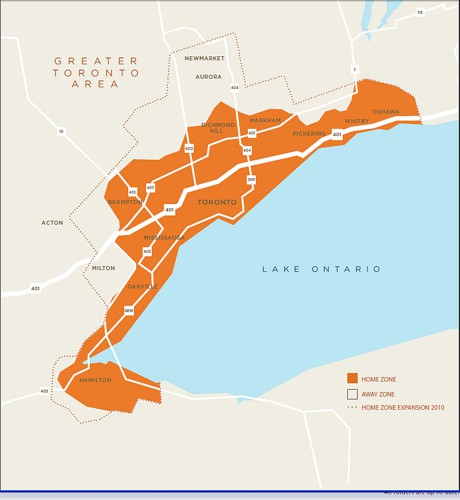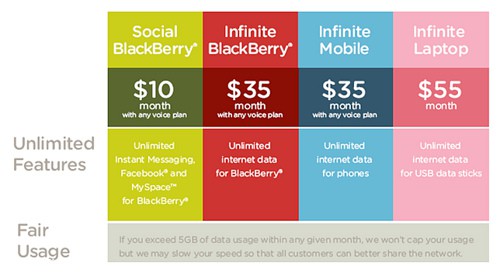 Rogers Wireless has withdrawn a proposal placed before Canadian regulators to force its competitors to pay up ex-customers’ unpaid cell phone bills.
Rogers Wireless has withdrawn a proposal placed before Canadian regulators to force its competitors to pay up ex-customers’ unpaid cell phone bills.
In mid-January, Rogers filed a request with the Canadian Radio-television and Telecommunications Commission (CRTC) requesting the agency force other cell phone companies to make good on any past due balances left when customers switched providers.
When other providers didn’t get on board, the company withdrew the proposal.
Rogers’ proposal would have left a customer’s new cell phone provider on the hook for any past due charges left on that customer’s final bill. With early termination fees running well over $100, that’s a big tab to drop on Canadian cell phone companies, particularly for new entrants in the marketplace.
Providers would have had to require verification of a “clean break” from a previous provider before taking on new customers, creating bureaucratic red tape, and a built-in incentive to hold customers in place. But the company first advocated the proposal as a solution to the problem of past due balances.
“Customers porting out mid-contract with unpaid balances are costing Rogers, and most probably other wireless carriers as well, millions of dollars each year,” the company said. “The task of collecting these unpaid balances is made much more difficult once a customer ports their number to a new carrier as the relationship has been terminated.”
Rogers claims the problem of unpaid balances on canceled service became a problem after the advent of number portability in 2007. Customers switching providers can keep their existing cell phone number. With even greater competition in the Canadian wireless marketplace, customers are more willing than ever to take their business elsewhere, occasionally not paying their last bill.
Critics accused Rogers of trying to throw roadblocks up to make switching a hassle.
Michael Janigan, executive director at the Public Interest Advocacy Centre, a consumer watchdog, told CBC News Rogers’ move is an attempt to slow down the loss of Rogers’ market share. Rogers’ new competitors, including Wind Mobile, and better prices from Telus and Bell are prompting customers to switch.
“This is the clear downside of long-term contracts for a supplier and now they want regulation to solve a problem brought about by market forces,” he said.
The provision would have benefited Rogers in at least two ways:
- It would give Rogers advance warning a customer was prepared to switch, as soon as a new provider inquired as to that customer’s final balance. That would allow Rogers to reach out to the customer with special incentives like retention deals, which could persuade a customer to stay;
- Competitors would have had to build in a delay before they agreed to finalize a provider change, so they didn’t expose themselves to past due penalties from the former provider. That inconveniences customers who would have to wait for their old provider to send a balance verification.
When asked why Rogers simply didn’t turn over past due balances to collection agencies, the company claims that method is not particularly effective.
“Collections and risk management systems are in place to mitigate the impact, but … the effectiveness of these measures is limited, especially in cases where the unpaid balance is significant,” the company said.
Some other Canadian providers weren’t impressed with Rogers’ proposal.
“Telus couldn’t disagree more with Rogers on their proposal,” said spokesman Jim Johannsson. “It’s not consumer focused, it’s not transparent, doesn’t promote consumer choice and runs counter to everything we are striving for as an industry.”
The blowback from customers was far worse. A sampling:
“Canada has diversified its wireless market from Robbers and Bhell to allow for companies like Wind to offer much better prices/services & “CUSTOMER SERVICE”. What exactly is Robbers going to do? Send Jack Bauer? Their sub-par overpriced service deserves this. As Canadians we need to start a revolution against these monopoly giants who just leech off vulnerable middle-class Canadians. Even after we wash our hands of them, they still reach for our wallets.”
“Burn your bridges Rogers, keep tickin’ off your customers, and have the gall to expect their competitors to help them. It’s a tough world when you are not a monopoly, eh?”
“Rogers, they’re leaving you high and dry after you sucked the life out of your customers. You expect respect when none is given. How the tides have turned.”
A few days after comments like that, Rogers flip-flopped and caved:
“We decided to withdraw it as it just didn’t seem appropriate,” said Jan Innes, a Rogers spokesperson.


 Subscribe
Subscribe

